Focus
Your Present Location: HOME> Focus-
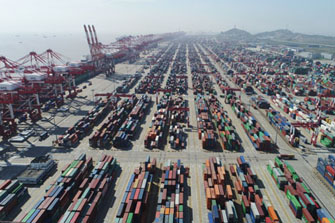
Yang Fanxin: Forming a new landscape of open financial markets
On July 2, Chinese Premier Li Keqiang addressed the opening ceremony of the Summer Davos Forum in the city of Dalian, highlighting the importance of seizing opportunities from the new round of industrial revolution, creating new opportunities and calling for efforts to jointly safeguard multilateralism, free trade and an open, inclusive world economic system. By forming a new open financial market, China will gradually scrap foreign ownership caps in the domestic financial industry and internationalization of its capital market.
2019-07-10 -
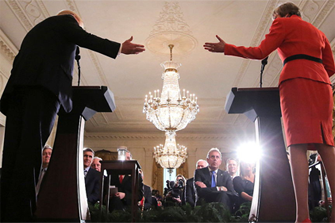
William Jones: Is UK-U.S. "special" relations in danger after the British ambassador's leak?
The publication of excerpts of secret cables containing vicious attacks against President Trump from British Ambassador to the United States Sir Kim Darroch to the British Foreign Office has really thrown a monkey wrench into the much-touted Anglo-American "special relationship."
2019-07-10 -
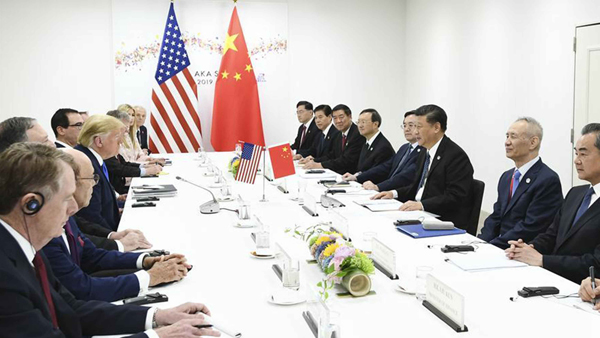
Zhao Minghao: After Osaka, What Next?
Presidents Donald Trump and Xi Jinping had an 80-minute meeting at the G20 summit in Osaka on June 29, where they agreed that the US would not levy additional tariffs on $300 billion of Chinese exports – the two parties are set to restart trade negotiations on the basis of equality and mutual respect. Trump said that talks were “back on track” after an “excellent” meeting with Xi, and the US is willing to reach a trade deal with China that is acceptable to both sides. At the subsequent press conference, Trump went on to say that he would allow US high-tech firms to continue selling products to Huawei, and that the US and China may even become “strategic partners.”
2019-07-08 -
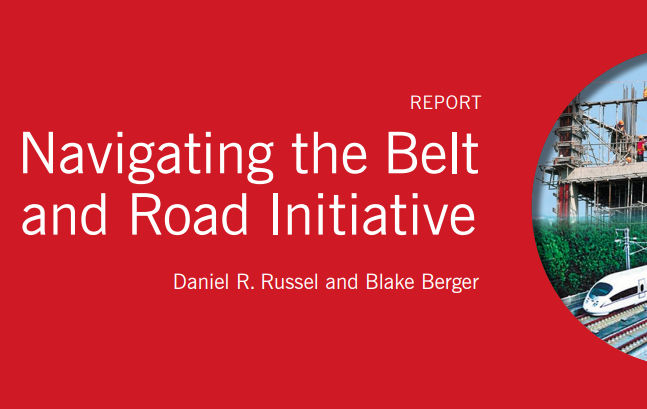
Launching Ceremony and Seminar on the “Navigating the Belt and Road Initiative” Report
Chongyang Institute for Financial Studies, Renmin University of China (RDCY) and the Asia Society Policy Institute (ASPI) will release jointly the Chinese version of the research report titled “Navigating the Belt and Road Initiative” written by Mr. Daniel Russel, former Assistant Secretary of State for East Asian and Pacific Affairs, and his team.
2019-07-08 -
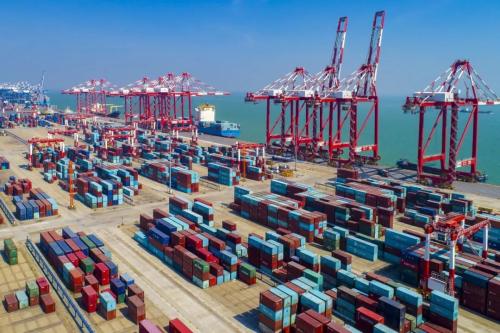
Liu Yuanchun: Resilient Chinese economy eases anxieties brought by bleak world economic future
China's macroeconomy is at a critical stage as internal economic problems have emerged in the last two years. When we attempted to define the "new normal" of China's economy and chose the path to structural reform on the supply side, we failed to consider world economy changes.
2019-07-05 -
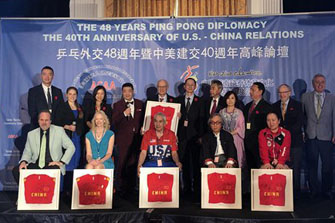
Ding Gang: Track II diplomacy sees bouncy China-US ties
Meeting US President Donald Trump at the G20 summit in Japan, President Xi Jinping cited ping-pong diplomacy taking place at the 1971 World Table Tennis Championship in Nagoya, a Japanese city that is just over 100 kilometers from Osaka, to highlight the need for wisdom and foresight in China-US relations.
2019-07-04 -
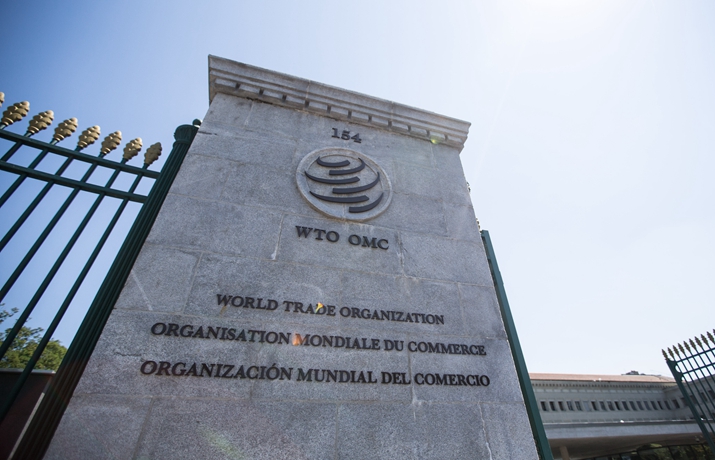
Wang Peng: China puts forth a proposal based on strengthening international trade order
China submitted a new proposal on reform to the World Trade Organization (WTO) in May, where it argued that "unilateralism and the abuse of national security exemptions" have damaged the "rules-based international trade order." It called for limiting the use of national security exemptions and unilateral measures as well as resolving disputes surrounding the WTO's Appellate Body.
2019-07-03 -
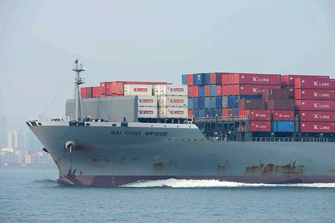
William Jones: Xi-Trump meeting takes trade dispute off hair-trigger
The meeting of U.S. President Donald Trump and Chinese President Xi Jinping on June 29 on the sidelines of the Group of 20 (G20) summit in Osaka helped to deflate the tensions in the U.S.-China relations that had been building lately as a result of more strident rhetoric coming from some members of the Trump Administration. In particular, Secretary of State Mike Pompeo’s rather outlandish characterization of the Belt and Road Initiative as “shackles” for those countries that participated in it raised some very strong comments from the Chinese Foreign Ministry.
2019-07-02 -
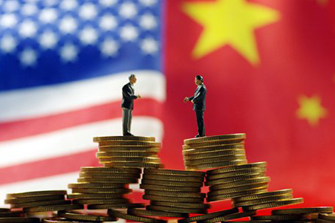
Zhao Minghao: Cautious optimism needed on Xi-Trump meeting in Osaka
Chinese President Xi Jinping and US President Donald Trump are set to meet on the sidelines of the G20 summit in Osaka, Japan, amid widespread expectations of the rendezvous cooling tensions ignited by a corrosive US-launched trade war.
2019-07-01 -
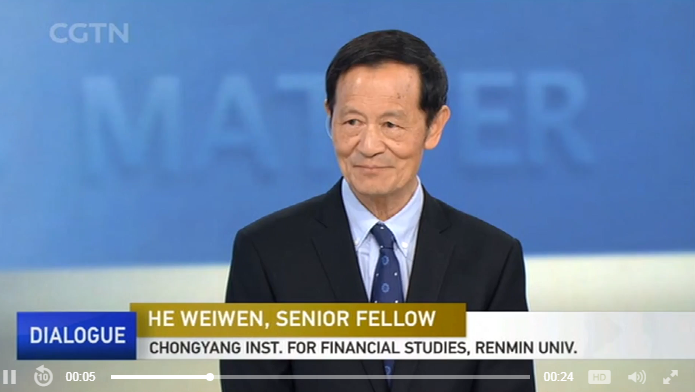
Osaka G20: Trump calls China a 'strategic partner'
Leaders of the world's 20 largest economies gathered together in Osaka to discuss economic and financial matters and coordinate policies on global governance. The most eye-catching sideline meeting was the one between Chinese President Xi Jinping and U.S. President Donald Trump, with both sides agreeing on a resumption of trade negotiations and a temporary freeze on further tariffs.
2019-07-01 -
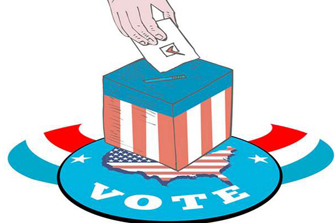
John Ross: Sluggish US economy may affect presidential election
During the G20 summit that is taking place in Osaka, Japan, the top leaders of China and the US are scheduled to meet. This was a welcome piece of good news for President Trump after a period, during which, he had been receiving bad news both on the opinion polls for his re-election and about the US economy. Naturally there are many aspects of the planned meeting that only those involved in the negotiations will know, but it is worth noting the objective pressures that are now bearing down on Trump.
2019-07-01 -
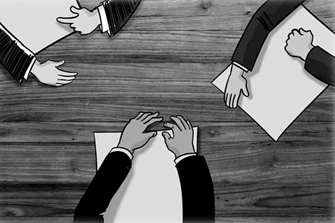
Second Russia-India-China meeting aimed at concrete trade cooperation measures
China confirmed on Monday that Chinese President Xi Jinping will attend an informal meeting with leaders from Russia and India on the sidelines of the upcoming G20 summit in Osaka, Japan. According to media reports, it was during the Shanghai Cooperation Organisation (SCO) summit in Kyrgyzstan's capital, Bishkek that Indian Prime Minister Narendra Modi pitched the idea of the second Russia-India-China meeting to Russian President Vladimir Putin. Given the three countries' respective trade tensions with the US recently, the trilateral meeting will undoubtedly attract high attention during the Osaka G20 summit.
2019-06-28 -
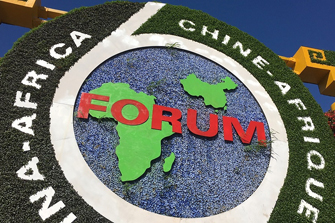
Chen Chenchen: China-Africa cooperation mirrors a historical shift amid globalization
On June 24 and 25, 2019, China is hosting a coordinators meeting as a follow-up action of the 2018 Beijing Summit of the Forum on China-Africa Cooperation (FOCAC) to review the implementation on trade, security and development. Ministerial officials from 54 African countries, together with their Chinese counterparts, are expected to release a joint declaration on the fulfilling of the consensus reached on the 2018 summit.
2019-06-26 -
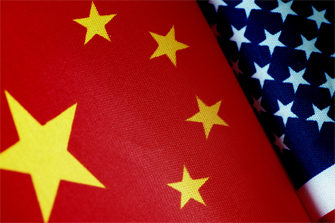
Zhao Minghao: America's 'maximum pressure' approach to China is failing
On June 24, seven weeks after the last round of trade talks, Chinese and U.S. negotiators held a telephone conversation in preparation for the upcoming meeting between the two heads of state in Osaka, Japan. However, because the Trump administration does not seem to want to change its practice of "maximum pressure" on China, it is still difficult for China and the U.S. to reach an economic and trade agreement by the end of this month.
2019-06-26 -
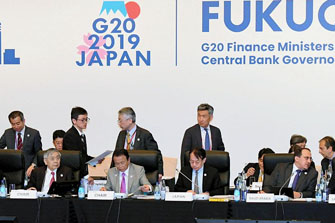
William Jones: What could we expect from a Xi-Trump meeting?
The world breathed a sigh of relief when it was announced that President Donald Trump and President Xi Jinping spoke by phone and then announced that they will be meeting on the sidelines of the Osaka G20 summit. Not only Wall Street, which quickly revived on the news, but also Main Street felt relieved. The overhanging crisis engendered by the trade dispute was felt by most people as a threat to their livelihoods. And the fact that the phone call was initiated by the White House indicated that perhaps President Trump was prepared to find a solution and would recede from his policy of “maximum pressure.”
2019-06-25 -
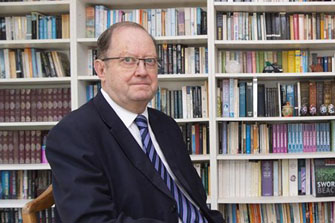
John Ross: Prolonged trade tension takes toll on US
Prolonged trade tension takes its toll on the United States and will hurt more severely in the future, said John Ross, former director of economic and business policy of London.
2019-06-25 -
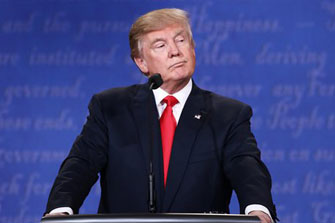
Danilo Türk: US policies can cause global recession
The US has increased trade conflict with China, and also Europe. What was the primary reason for Washington to start the trade dispute with them? Will China and Europe further expand cooperation to deal with US unilateral and protectionist behavior? Global Times (GT) reporter Lu Yuanzhi interviewed Professor Danilo Türk (Türk), former president of the Republic of Slovenia from 2007 to 2012 and a senior visiting fellow at the Chongyang Institute for Financial Studies, Renmin University of China, on these issues.
2019-06-25 -
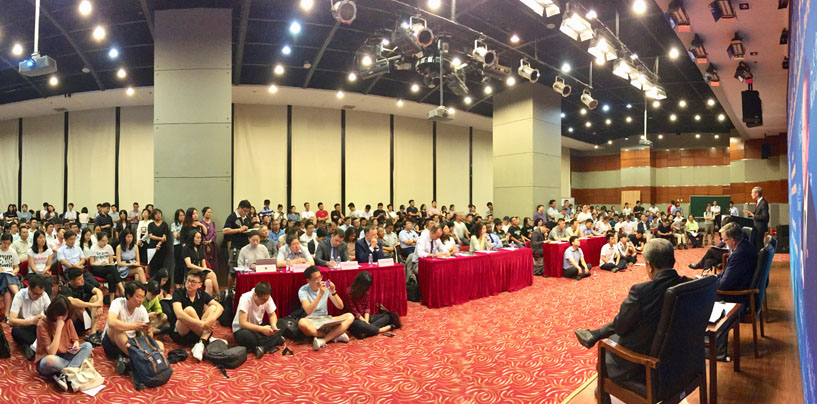
US-China Business Council President Craig Allen dialogues with Professor Wu Xiaoqiu: US-China Relations and Trade Talks
On the evening of June 19, 2019, a seminar with the theme of “US-China Relations and Trade Talks: American Business Community Perspective”was held in Beijing.Craig Allen, President of US-China Business Council, Danilo Türk, Former President of Slovenia, and Professor Wu Xiaoqiu, Vice President of Renmin University of China, conducted a wonderful dialogue. The seminar sponsored by the Chongyang Institute for Financial Studies at Renmin University of China(RDCY), and Wang Wen, Executive Dean of RDCY and Executive Director of Research Center of China-US People-to-Peole Exchanges, moderated the seminar.
2019-06-21 -
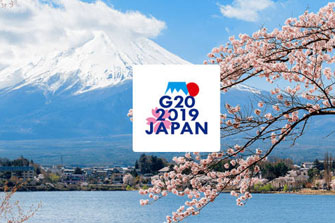
John Ross: Bad polls & bad economic data put pressure on Trump US
share markets rose sharply on news of the announcement that Presidents Xi and Trump would meet at the G20 summit – as the Financial Times simply summarised it ‘Trump plan to meet Xi on trade sends US equities sharply higher’. This was a welcome piece of goods news for President Trump after a period during which he had been receiving bad news both on the opinion polls for his re-election and for the US economy.
2019-06-20 -
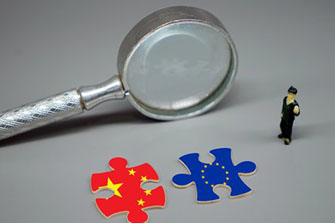
Wang Yiwei: After vote, will EU change approach to China?
Populism was given a cold shoulder in European parliament elections, lending traction to attempts at European integration. Now, important issues will receive more attention with focus moving back to climate change and data protection. In the meantime, due to disputes among populist parties and groups, it is getting more difficult for Europe to coordinate overseas policies.
2019-06-19
























































































 京公网安备 11010802037854号
京公网安备 11010802037854号





